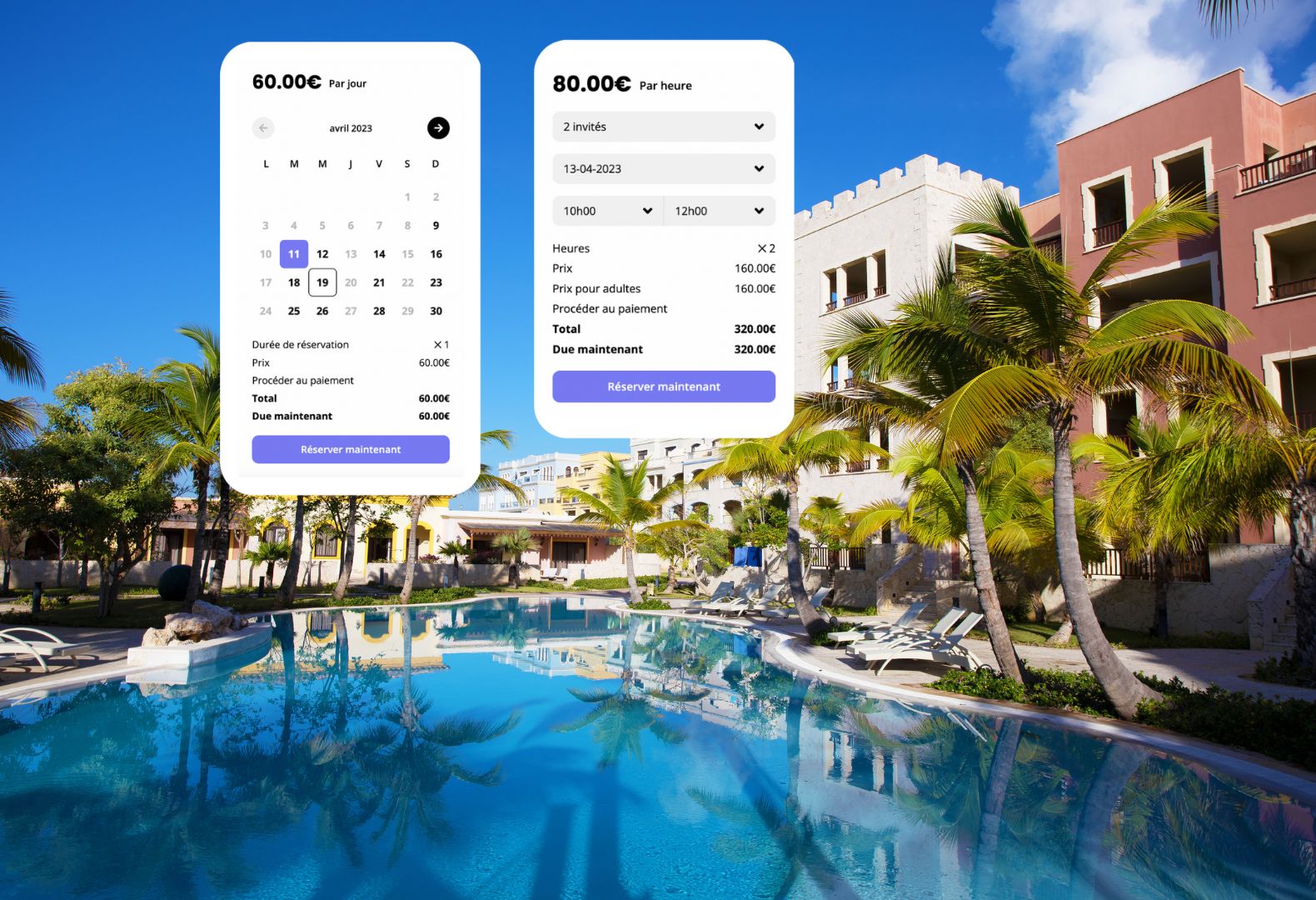
User experience (UX) has become central in today's digital world. Whether it's an app, website, or booking platform, delivering an optimal UX can be the deciding factor between winning or losing a customer.
In the context of reservations, whether booking an appointment at a hair salon, reserving a table at a restaurant, or scheduling a session with a coach, a poorly designed UX can deter a potential customer. Conversely, a smooth and intuitive experience can not only convert a visitor into a customer, but also build customer loyalty.
Understand your target audience
Before diving into the technical optimization of your reservation system, it is essential to understand who your users are. Conduct market research, surveys, and interviews to determine their needs, preferences, and pain points. By understanding their journey, you can shape your booking offer to be exactly what they're looking for.
Fluidity and simplicity of the process
One of the main causes of abandonment during the booking process is complexity. Reduce the number of steps required to make a reservation. Each additional step is an opportunity for a user to leave your platform. Make sure your system is intuitive and straightforward.
Personalization of the experience
With the advent of modern technologies, customization has become more accessible. Using data and analytics, tailor the booking experience to each user. If a customer returns, for example, offer them time slots based on their previous bookings or highlight their favorite services.
Reminder and confirmation systems
Minimize no-shows by integrating automatic reminder systems. Send confirmations by e-mail or SMS, and remind your customers of their reservation as the date approaches. These reminders can also be an opportunity to offer upsells or additions to the initial booking.
Calendar integration and cross-platform compatibility
Make sure your reservation system is compatible with different devices (computers, smartphones, tablets) and browsers. Additionally, the ability to integrate bookings with personal calendars like Google Calendar or iCal improves the user experience by avoiding double bookings or oversights.
Feedback and continuous improvements
Use regular feedback from your customers. Integrate a post-booking feedback system to collect opinions on the booking experience. This feedback is valuable for making continuous improvements.
Adaptability to demand peaks
It is essential that your system can handle peak demands without slowdowns or glitches. This is especially crucial during special events or promotions where a sudden influx of bookings is expected.
Flexible pricing
If applicable, incorporate flexible pricing systems, such as rates based on time of day or season. This can encourage bookings during off-peak periods, thereby maximizing your revenue.
Data security and transactions
Trust is an essential part of the booking experience. Make sure all personal data and financial transactions are secure. Use up-to-date security protocols and ensure full transparency in the use of user data.
The world of online reservations is constantly changing, with ever-increasing expectations for user experience. To remain competitive, it is essential to adapt quickly to the needs of users. It is here that a collaboration with a specialist in reservation offers, such as Silpay, takes on its full meaning. By taking advantage of its advanced features for creating booking offers and managing reservations, companies can provide a superior user experience while optimizing their booking process.

